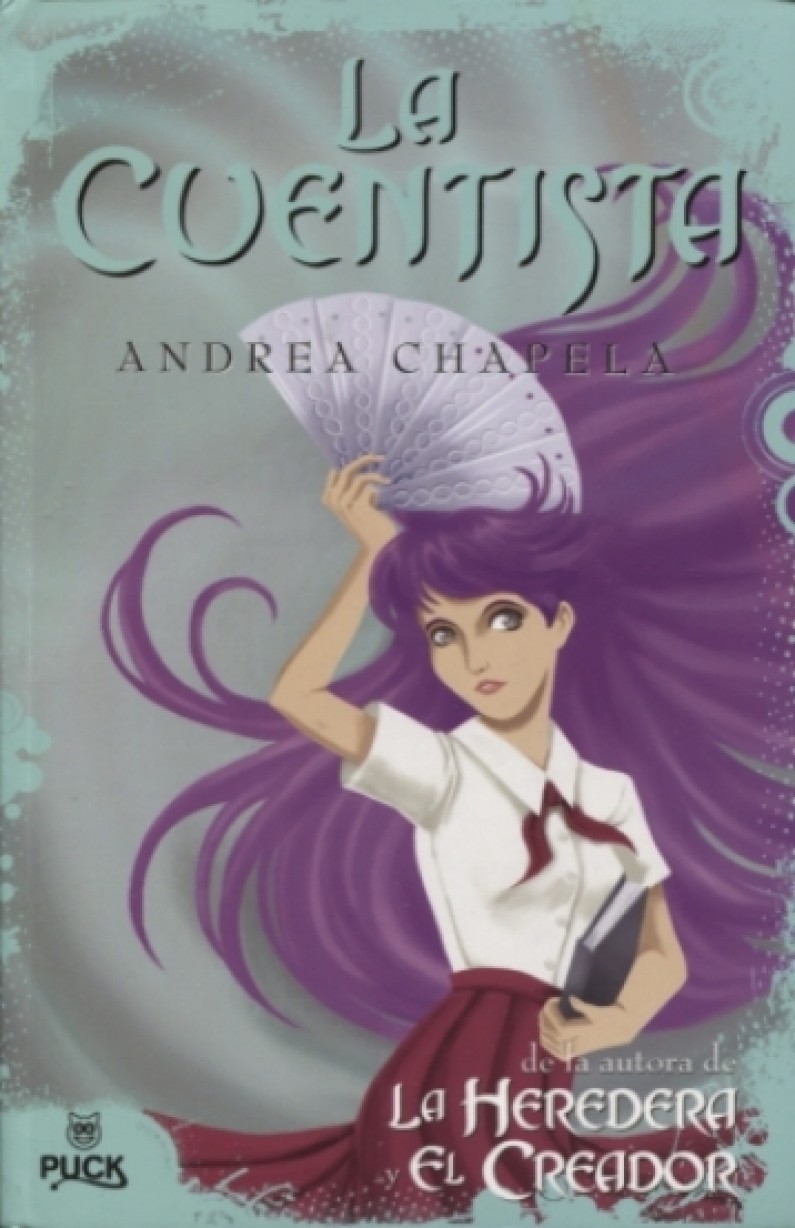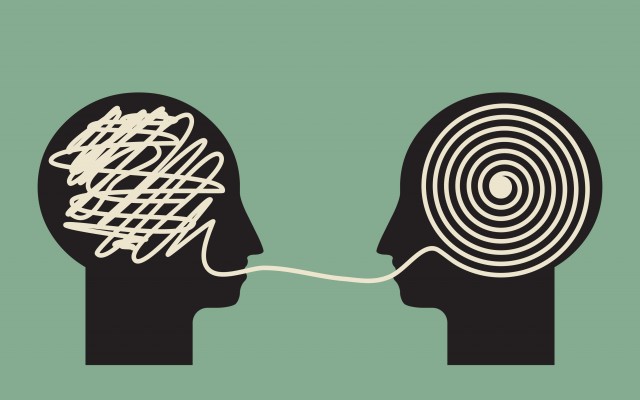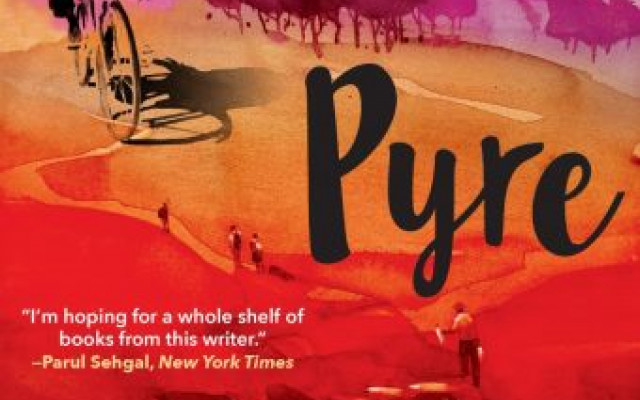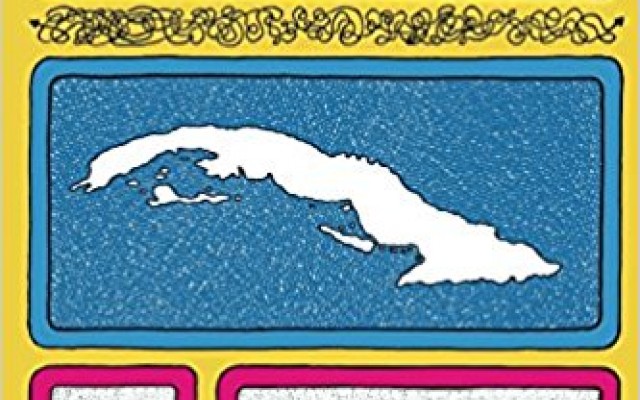Translating Myself: Adventures in Self-Translation at the Iowa Translation Workshop

It was my second time presenting work in the translation workshop. The story was called “The Grey Quarter,” and I’d just written it just a few months before, for my fiction workshop in the Spanish Creative Writing MFA. Now I was presenting it into English. Our workshop professor, Aron Aji, said it was a double opportunity for the story to be workshopped: for once, I was both author and translator.
Aron had assured me months before—when I said I wanted to embark upon a selfish and egotistical enterprise in the translation workshop—that self-translation was a viable element of translation as a whole. There was theory about it and (perhaps more importantly, and reassuringly), it was practiced all the time.
The translation workshop began with questions for the translator/author (me). Aron started by asking the narrator’s age. How old is she when she’s telling the story? It should have been an easy question. I—the author, the “expert”—should have known the answer, but I could only reply I knew she was older than I was but was probably, maybe, I wasn’t sure, younger than thirty?
I hadn’t needed more to write the story in Spanish. A sense of her age and her circumstances in relation to my own, an inkling of where she was, and what had happened to her so my unconscious could transform those notions into a voice in Spanish—that was enough. I never thought I would need to know more to translate the story.
In revising my translation I realized how much of my writing happens unconsciously, thoughtlessly, just notched forward by a certain feelings: I felt she was older than me. This is probably to be expected. I’m still getting to know most of the aspects of my own writing. In this exercise of self-translation I understood that while I’m totally obsessed with planning every detail of the plot, I let my characters come to me as sensations, half-formed people whom I get to know little by little as I write.
The greatest virtue I have as a translator of my own work might also be my biggest downfall. I know the text better than anyone else. I’m so close to it that I know exactly what the author was thinking as she wrote it, why she used certain words, how that street looked, how the night felt, even the way the boys on that other street were smirking. But I will never be able to read one of my stories as a reader could.
I’ll always be too close, too attached. I need to step back to recognize the strengths that appear without the slightest plan, as a whim. While trying to translate myself, sometimes I had to recreate the frame of mind I had while writing, before revising, before repeated workshops deconstructed it. I had to return to those first impulses, and ask myself why I had made this or that decision. How old is she? Why is she telling the story now? How does she feel about what happened?
During the translation workshop, and in my own exercises in self-translation, I realized something else: I don’t know if I’ll ever have the same relationship with English that I have with Spanish. Maybe this should have been obvious from the start, but I had convinced myself that my English was finally good enough, and I had forgotten how sometimes writing feels like a love affair with language. I have gotten to know Spanish with age: its taste in my mouth, its beautiful sounds, its bad sounds, its great words, its horrible words, its quirks, its difficulties, its flexibilities, its strange habits.
But above everything else, I trust Spanish in I way I don’t trust English. Perhaps this is just a matter of familiarity, but during the translation workshop I felt as if I lacked a certain sensitivity that I had no idea how to gain. I have to admit that without an editor—in this case my close-reading peers in the translation workshop—the story would never have ended up as it did.
Self-translation was a great experiment and I wish to continue with it and to continue building my relationship with English. I like having to think about the words I used, the sentences I created, and the reasons behind a story that sometimes are lost in the act of writing it. It was challenging and insightful to recreate the genesis of a story, how it came to be, what the answers to questions I’d never actually asked myself might be. I grew closer to the story and to my own instincts as a writer when I was forced to take a step back and to look at them from afar.




